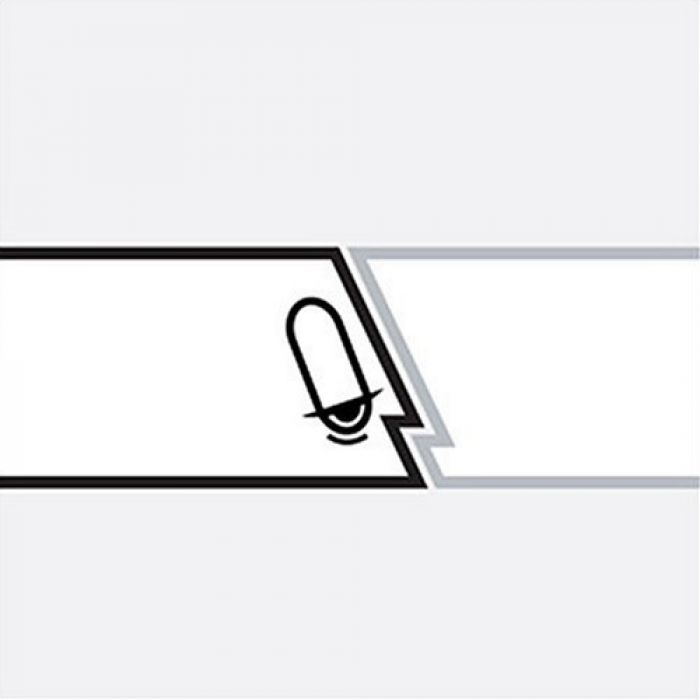We Must Sleep by Pilotram (Review)

We Must Sleep is a more-than-appropriate title for Pilotram’s debut full-length. Previously a member of outfits including San Diego’s The Camera Obscura and ILYA, Duane Pitre decided to focus solely on his solo, drone-oriented output in January 2004. We Must Sleep is the result of that decision, and as the title might imply, this is truly music for somnabulists.
All 5 of the CD’s songs move at a pace that would make “glacial” seem hasty, taking their time to develop (and envelope) and unveil all of their (sparse) details. While there’s not too much to these songs (which, when you’re talking about drones, is actually a compliment), Pitre displays a real knack for wringing the most from his minimal palette. Well, almost.
Like Windy & Carl’s Antarctica, “Caspian Airwaves“ ‘s glittering guitar tones and frequencies paint scenes of dawn breaking over an Arctic wasteland after the long, sunless winter. At times vaguely disorienting, the song just seems to keep rising higher and higher into the sky, while crystalline drones flicker about like sunlight glinting off ice. “Reflective 1” has a slightly deeper and darker tone a la 1 Mile North, as Pitre’s sonic washes have a more metallic, claustrophobic air, though not enough to be overwhelming. If anything, the darker sounds draw you in deeper, the waves of sound closing in over your head as you descend.
However, the next two tracks are by far the weightiest songs on the album, and should you be listening to them in your sleep, may cause a bit of unease. But they also prove to be the album’s most engaging and intriguing tracks as a result. “1635 Crossing” is sparse and foreboding, though not in a direct, confrontational manner. Rather, it just settles back, creating a vaguely unsettling mood, like a Kyoshi Kurosawa movie. Although the surface of the song seems placid enough, turbulence seems to be brewing just below the surface, waiting for a chance to draw near.
“Linear Intersection” broods throughout the length of its nearly 8 minutes, as vast, cello-like drones and whispery voices evoke something solemn and dignified. It takes me back to the days when I was enamored with all things Projekt-related. This track could work quite nicely as a more stripped down Black Tape For A Blue Girl effort, or with Michael Plaster’s (Soul Whirling Somewhere) voice moping in the distance.
The album returns to brighter, more contemplative places with the aptly-titled “Sacred Space,” as glowing motes drift through huge sonic drifts and soft bass pulses. At nearly 26 minutes, the track doesn’t always prove to be the most engaging on the album — Pitre just seems to let his drones run their course, rarely interacting with or shaping them (you could leave the room for a few minutes and not miss much) — but it works nicely as pure background music, and should bring about a bit more peace in the sleeping listener after the previous two tracks.
If there’s one issue with the album, it’s that there are times when I kept expecting something more to “happen.” Of course, drone music being what it is, you don’t want to introduce too much lest the song become overwhelmed and collapse under its own weight. However, the album seems underdeveloped at times, almost too repetitive and minimal for its own good. I can understand Pitre not wanting to break the mood he’s carefully established. But at the same time, a sonic foundation as solid as his wouldn’t necessarily be hurt by a little more experimentation at times.
This is the same issue I had with Stars of the Lid’s The Tired Sound Of…. The sounds, tired or otherwise, were quite gorgeous — but they seemed content to just circle around and become repetitive, never going anywhere or doing anything. On the other hand, an album like Aarktica’s No Solace In Sleep is thoroughly droney, and yet also incredibly engaging and evocative (and, I might add, a bit darker and more foreboding). We Must Sleep falls somewhere between the two. And personally, I’d love it if Pitre’s future recordings found him moving closer towards the latter, and growing more ambitious and confident with his sound and the ways in which he develops it.